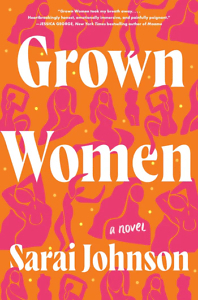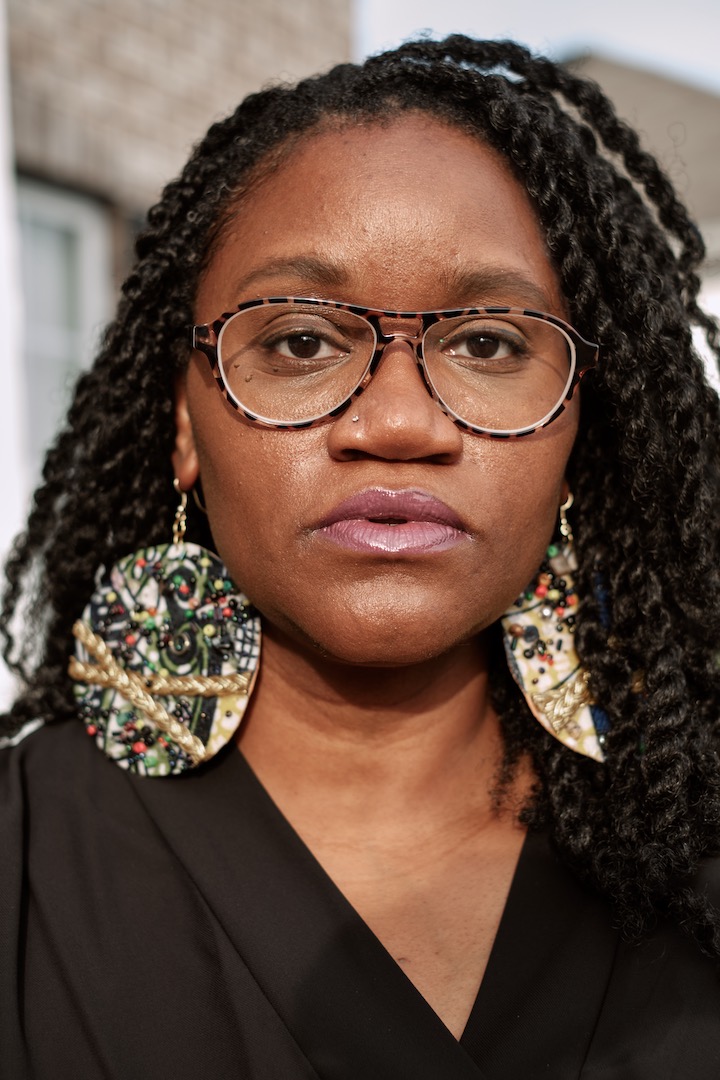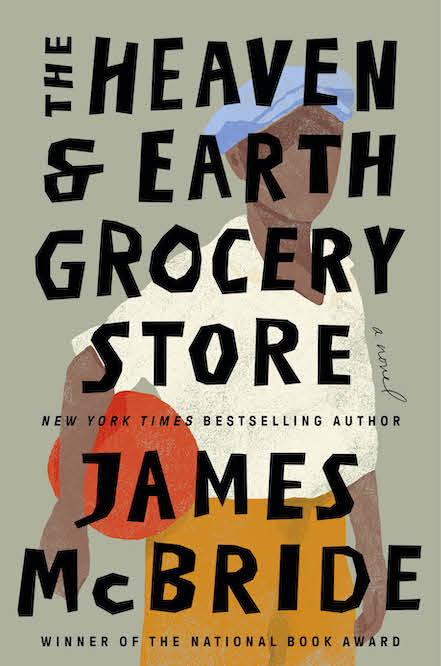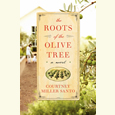Healing the Mother Wound
Sarai Johnson’s debut novel is a deeply moving, multigenerational exploration of womanhood and motherhood
Sarai Johnson’s debut novel, Grown Women, is an eloquent story of multiple generations of Black women navigating their lives against a nonlinear backdrop of American motherhood.

The novel spans the 1940s through the mid-2000s, and the story is driven through the narratives of great-grandmother Evelyn and her three-generation lineage of daughters: Charlotte, Corinna, and Camille. For much of the novel, Evelyn is present only through memories. Charlotte’s mothering of Corinna and Corinna’s mothering of Camille take center stage.
However, in an effort to get additional support in raising Camille, Corinna finds a decades-old stash of handwritten letters from her estranged grandmother Evelyn, which elicits a reconnection between the four generations of women. Although readers might deduce that Evelyn is the missing piece of the family puzzle, it is actually Camille who is central to the deep generational healing needed to move this family forward.
The settings for the novel mirror the places that author Sarai Johnson has called home. Readers partake in brief yet intimate snapshots of rural Tennessee, Nashville, and the Washington, D.C. metro area. What makes these settings stand out is Johnson’s authentic portraits of the Black lives that are often overlooked in accounts of cities like Nashville. In the fictional rural town of Chilly Springs, where there isn’t much “upward mobility,” Johnson evokes small-town fixtures like the local diner that serves Southern staples such as “hush puppies and catfish fried hard.” Many of the town’s residents drive an hour north to Nashville to enjoy the splendors of the city. Images of popular landmarks like the Pancake Pantry, The Bluebird Cafe, and the Parthenon, along with gospel music blasting from cars stretched along Bible Belt streets, enrich the depiction of Music City.
As the settings develop over time in Grown Women, they serve as a metaphor for the intentional development of the primary characters’ womanhood and motherhood. In fact, time plays an essential role as the novel shows how different generations of women evolve alongside, and oftentimes against, societal stereotypes.
Tensions arise through the numerous relationships that drive the subplot of healing. Evelyn is the catalyst, for she never quite wanted the role of mother to begin with. Thrust into raising Charlotte, Evelyn wrestled with a desire to balance motherhood with pursuing her own professional endeavors. Their mother-daughter bond, or lack thereof, resulted in Charlotte leaving Evelyn’s home in Atlanta to focus on her own life as a young mother.
 The way these women engage in romantic and platonic relationships carries just as much weight as their maternal bonds. Charlotte’s marriage to David shapes Corinna’s ideology about needing a partner, Isaac, even when he is not good for her. The reader also has a front-row seat to watching how friendships evolve. Charlotte grows apart from her friend Delia, who morphs into an entirely different (and entitled) person after finding out her football-playing son is the father of Corinna’s daughter, Camille. This is a microcosm of how money and greed can often lead to stress within families and relationships.
The way these women engage in romantic and platonic relationships carries just as much weight as their maternal bonds. Charlotte’s marriage to David shapes Corinna’s ideology about needing a partner, Isaac, even when he is not good for her. The reader also has a front-row seat to watching how friendships evolve. Charlotte grows apart from her friend Delia, who morphs into an entirely different (and entitled) person after finding out her football-playing son is the father of Corinna’s daughter, Camille. This is a microcosm of how money and greed can often lead to stress within families and relationships.
All of the women work to reevaluate what it means to be happy. The characterization of Black mothers in Grown Women also improves with each subsequent generation. In scenes like the one where Charlotte and David are reciting lines from the latest child-development research, readers see a clear maturation in Charlotte as a grandmother versus Charlotte as a mother.
There’s a saying in diasporic spiritual communities: “You are the one your bloodline has been waiting for.” Camille, as a fourth-generation Southern woman, leans into this type of healing work by serving as the bridge to her family’s matrilineal reconciliation. When Camille leaves for the metropolis known as Chocolate City (Washington, D.C.), the reader wonders whether she can change trajectory and heal open wounds of the women in her family. However, while living with her great-grandmother in D.C., Camille discovers an important lesson:
Mama Evy, I read your last email, and I know you think I’m being childish and angry, but I feel like I owe it to you, Mama, and Granmama, to figure out who I want to be. Y’all didn’t really get a chance to do that. I just want to take my chance.
Camille carries the weight of generations past, and yet has deep responsibility to carve a new life for herself that includes empathy, hope, and unapologetically living out her dreams. By the end of the book, and in the wake of great-grandmother Evelyn’s passing, readers see all the women working together (in their own way) to create a future of familial bonds through empathy and love.
Joining a recent array of books that center Black womanhood, Grown Women at its core is as much a tale of unraveling the mother wound as it is of discovering personal freedom. The book refreshingly decenters any gazes other than those of Black women, which are sometimes overlooked by mainstream media. It’s important for readers of any background to see the humanity in these women’s everyday lives.

Tonya Abari is a Nashville-based independent journalist, author, essayist, book reviewer, and homeschooling parent. Her words have been published in the Nashville Scene, Essence, USA Today, Publishers Weekly, Parents, Good Housekeeping, PBS Kids, and many more. You can find her hanging out on Instagram @iamtabari.


